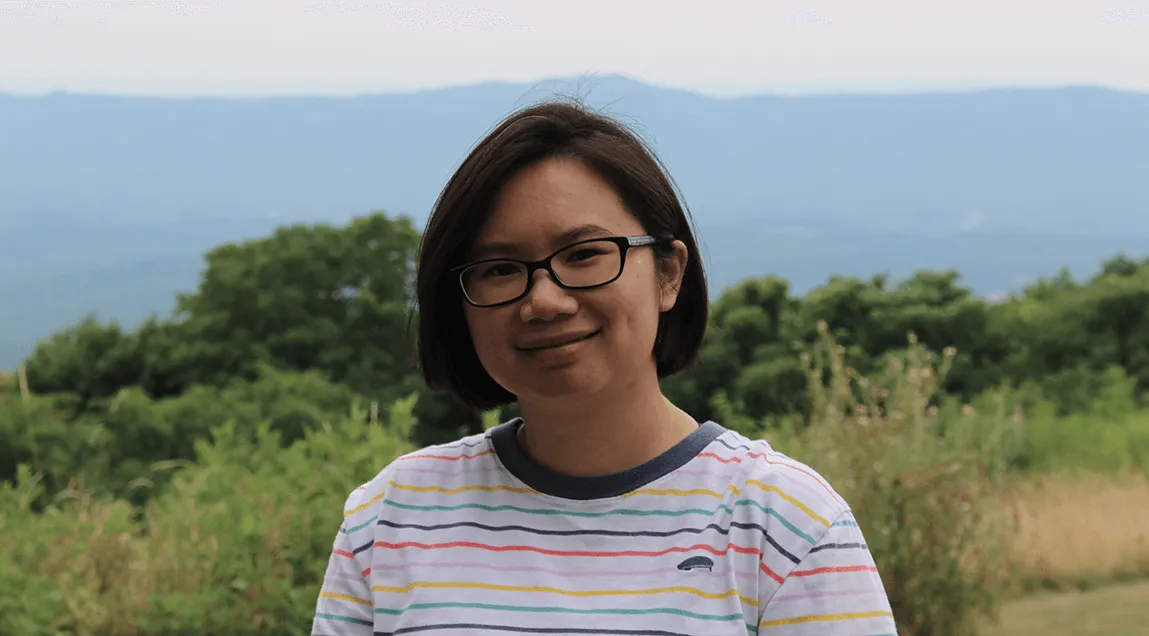“Why are there inequalities when it comes to resources, material and otherwise?”
Jennifer Lai posed this question as an engineering major looking at water distribution in Jericho City, Palestine. Lai, who starts at UVM this fall, found that these questions led her to her current discipline, Sociology.
“In designing and researching water quantities and water needs of the agricultural producers in Jericho City, we were unable to integrate the political and social context of the region into our actual design, which was very troubling,” Lai said.
These questions she kept asking herself were rather sociological, she soon discovered. Questions such as: “why are there inequalities?” and “why is the world where it is?” cannot be answered solely through the lens of natural sciences, Lai said.
Lai is currently finishing a dissertation related to scientific knowledge production.
“In my dissertation, what I’m looking at is how knowledge on the environment is constructed in the context of type two diabetes,” Lai said. She has noticed that treatment and preventative measures for type two diabetes almost always involve “environmental factors”. The goal, she said “is to get more solid definitions of what environmental factors are related to health.”
Lai believes the methods in which you conduct research are just as important as what you are researching. She describes herself as using feminist research methods.
“A feminist scholar looks at who has power and who benefits from certain types of knowledge being produced,” Lai said. “Who has the means and opportunity, legitimacy, the scientific authority to produce knowledge on environmental factors in specific ways are questions we examine.”
Lai’s focus on justice and equality is not only evident in her research but also in her teaching and daily life.
Lai was awarded the College of Arts and Science’s Harris Fellowship, a program meant to bring promising scholars of color to the college and the university.
“Scholars of color have these hidden informal obligations in the academy, specifically in predominantly white academies, where they’re providing some of those unseen support systems,” Lai said. “When it comes to addressing issues of diversity in the academy the part I prefer,” Lai said, “is not the glamorous stuff of coming up with new committees or initiatives or programs but in working with what is already there.”
“In my experience, this is really lending genuine and attentive support to students of color,” Lai said. She provided examples of what she calls “little labors”, which includes “checking in every week or so to see how my students are doing and if they need a few hours to study together” and “forwarding emails with job opportunities.” Lai described these activities as “the everyday stuff that helps with scholars and students of color survive in the academy.”
Lai is excited to start at the University of Vermont. Among her other skills she brings her experience as a former AmeriCorps Member that taught her about “adapting to new communities and workplace settings.” She can’t wait to apply what she’s learned as a graduate student to the programs at UVM and is thrilled to meet her future students.
Lai will be teaching a course on Intersectional Health.
Kiera Stubanas is a junior sociology major with a passion for social justice.
